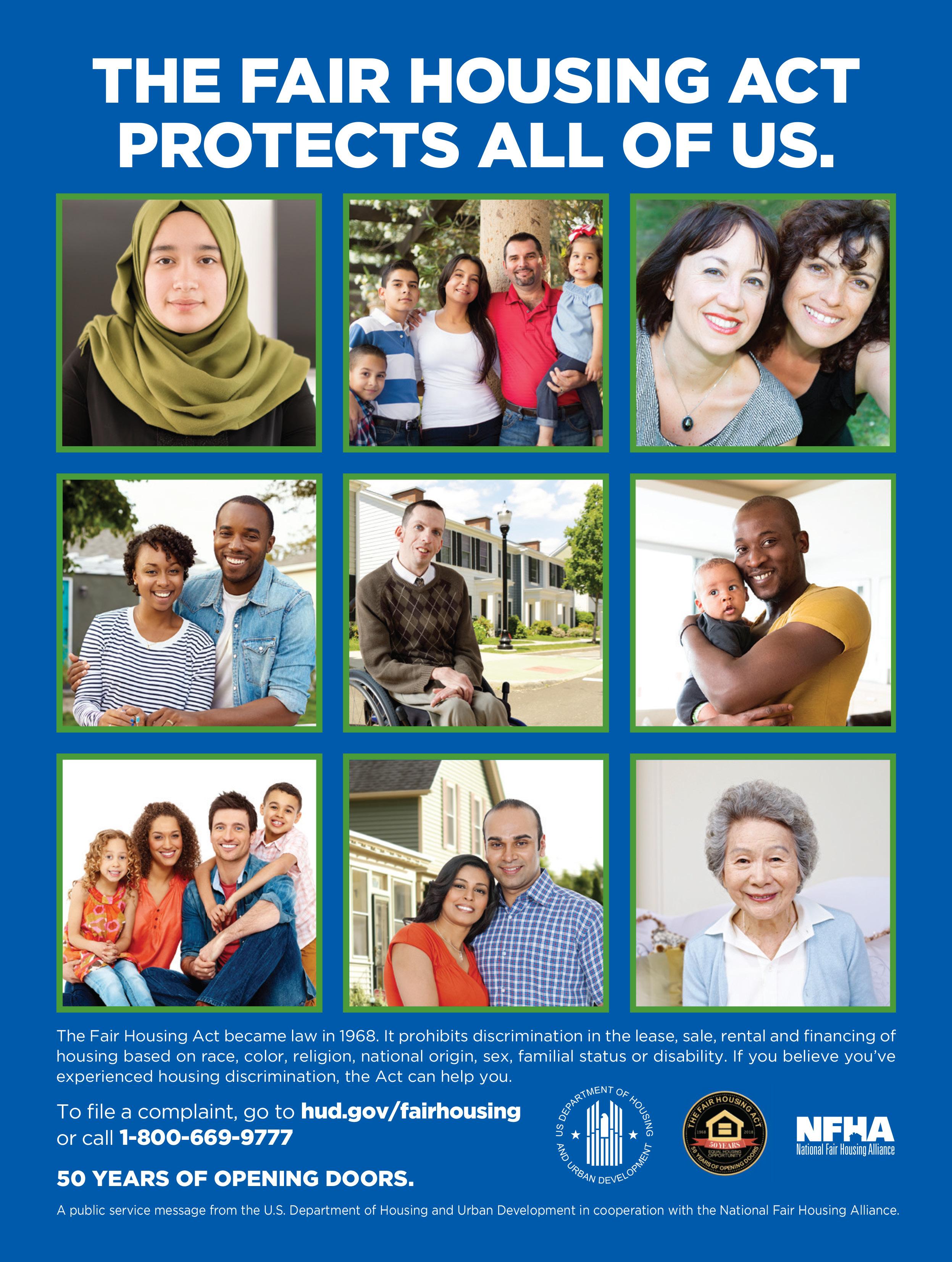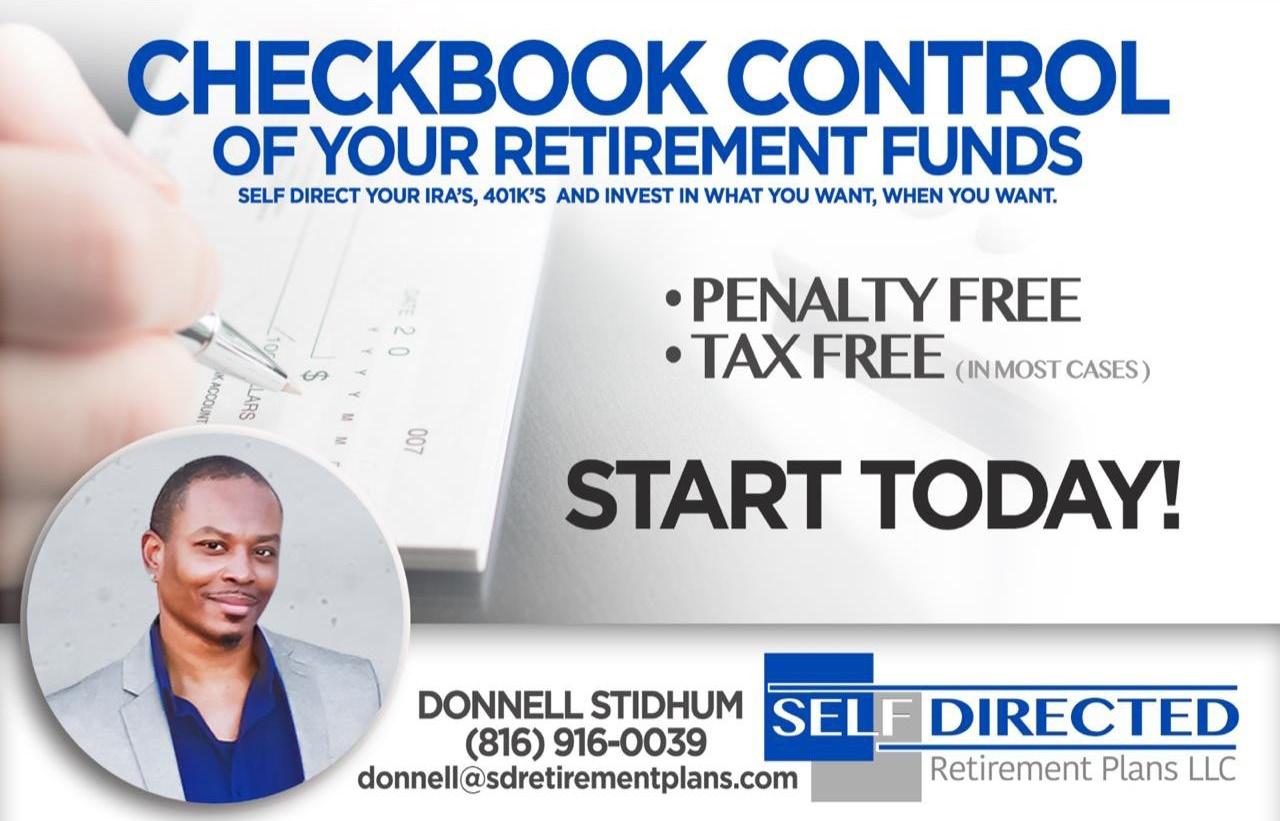
6 minute read
How is the NJ Housing Market 2020 doing?
Jerel Washington

During the early stages of the COVID-19 pandemic, reports revealed that the pandemic was slowing down the NJ housing market. After the NJ Governor had referred to real estate activities as essential business, local buyers and sellers hesitated on making any move as they waited to see how the pandemic would impact the economy. Many sellers pulled their homes off the listings while others postponed sales due to the fear of having buyers visit their homes.
But since the reopening and gradual recovery of the economy, NJ’s housing activities have been on the rise since June, as reports show. Records have shown that all aspects of the housing market, including new listings, pending sales, and closed sales, have been rising this spring. All indicators have been clearly showing that buyers are back in the market.
HOME VALUES
According to the Zillow Home Value Index, the typical home value of homes in NJ was $357,546 as of September 30. The home index value is seasonally adjusted and only includes the middle price tier of homes. The NJ home values have increased by 5.3% from September 2019, and Zillow forecast they will increase by 7.2% in the next year.
Moreover, data from CoreLogic’s Case-Shiller Index reveals that home values in seven metro areas in New Jersey have significantly inclined compared to the previous year as of May 1, 2020. These metro areas include; Ocean City, Jersey City, Camden/Philadelphia, Trenton, Atlantic City/Hammonton, Warren County/ Allentown, and Vineland/Bridgeton areas.

LOW HOUSING INVENTORY
Although new listings in the NJ housing market have been on the rise since the economy was reopened, the housing stock still remains significantly low. The supply of homes for sale in NJ was 41.0% lower as of June 2020, compared to the same time last year. According to New Jersey realtors, this trend has been recorded across the entire U.S and not just in NJ. Some sellers are still hesitant to list their homes as they still fear the uncertainties caused by the pandemic, especially as the local and national coronavirus cases continue to rise.
IS IT A SELLER’S MARKET?
As housing supply remains low and demand continues to climb higher, the NJ housing market 2020 has displayed itself as a very hot seller’s market. More buyers are chasing very few available homes for sale. The situation is expected to remain that way even as we go into 2021. Some of the best markets to invest in 2020 in New Jersey include; Trenton, Middletown, Union, Cherry Hill, North Bergen, and Manchester markets. If you’re planning to buy real estate in New Jersey, this is the best time to do so. The mortgage rates are so low, creating a friendly condition for home buyers. Before you invest in the NJ market, I’d also advise you to keep an eye on the local economic developments to make a fully informed decision.
Work cited.
https://www.zillow.com/nj/home-values/. https://medium.com/mashvisor/how-is-the-nj-housing-market2020-doing-aff37a440c7d#:~:text=With%20low%20supply%20 and%20demand,2%25%20less%20than%20list%20price.


CARES ACT: CONSIDERING 401(K) WITHDRAWAL BECAUSE OF UNEMPLOYMENT DUE TO COVID-19 PANDEMIC?
by Donnell Stidhum
The effect of the COVID-19 pandemic lockdown is felt far and beyond. The lockdowns and quarantines that were necessary to curb the spread of the virus slowed the economy with unprecedented force and speed. Businesses racked up losses, and layoffs and pay cuts followed. With increasing rate of unemployment, many families are struggling to meet their day to day expenses. If you are facing financial hardship due to COVID-19, you may have considered making a 401(K) withdrawal early to cover your expenses. I’ve broken down all the steps to complete this process in a 30 minute webinar you can access here
Financial experts do not recommend taking money out of your retirement accounts early, but now taking into consideration the present economic scenario, most of them say that if you must, you should, as a last resort.
In the wake of the coronavirus pandemic, President Donald Trump signed the CARES Act on March 27, 2020, providing more than $2 trillion in financial relief for businesses and workers affected by the pandemic. If you are considering a 401(k) withdrawal, there are certain things you need to know.
WITHDRAW MONEY OF UP TO $100,000 WITHOUT PENALTY
Under normal circumstances, if you’re under 59 1/2, withdrawing from a 401(k) is a costly proposition because you are charged a 10% penalty on withdrawn funds. The recently introduced CARES Act changes that. This means you can make COVID-19 related withdrawals of up to $100,000 from your retirement account without incurring this penalty on early withdrawals. Although the removal of this penalty takes off one of the substantial burdens of taking out the money from a 401(k) early, raiding your retirement accounts is still be a costly proposition because you lose out on the compound interest your money would’ve earned if it had stayed invested.
So, early 401(k) withdrawal is now penalty-free, but is it completely tax-free? No.
INCOME TAXES APPLY TO THE WITHDRAWAL AMOUNT, BUT THE REPAYMENT CAN BE STRETCHED OUT OVER THREE YEARS
Withdrawing money from your 401(k) will still have tax consequences. Regardless of how old you are, when you take out money from your retirement account, you will be taxed as normal. But the CARES Act allows you to stretch the repayment of the taxes over three years instead of paying the entire amount this year. This arrangement provides some financial relief as the taxes can be substantially large, even without penalties.
CAN YOU PUT BACK THE WITHDRAWN MONEY OVER THE NEXT THREE YEARS?
Yes. If you’ve taken a coronavirus-related distribution, the CARES Act allows you to put the money withdrawn back into the account over the next three years. The money that you put back will not be counted against your annual contribution limits, and hence you will not be liable to pay any income taxes on that. But, if you are unable to repay the borrowed amount due to financial constraints over the next three years, income taxes will be applied.
YOU MAY HAVE THE OPTION TO MAKE AN EARLY 401(K) WITHDRAWAL, BUT SHOULD YOU DO IT?
The best way to determine whether you should take an early retirement distribution is to check if you have enough money to cover your living expense for the next 3 to 6 months. If you don’t and you find it difficult to manage these costs, then you should consider taking advantage of this.

However, before you decide to take this step, think of the bigger picture. You are raiding into your retirement savings and losing out on money that would have accumulated due to compound interest if you would have let it stayed into your account.
So, before taking this drastic step, always look at other sources of income or options. You can also consider taking help from a tax professional or financial planner to weigh the pros and cons of withdrawing from retirement accounts. For expert help, Contact Self Directed Retirement Plans LLC Donnell Stidhum at (816) 916-0039.










